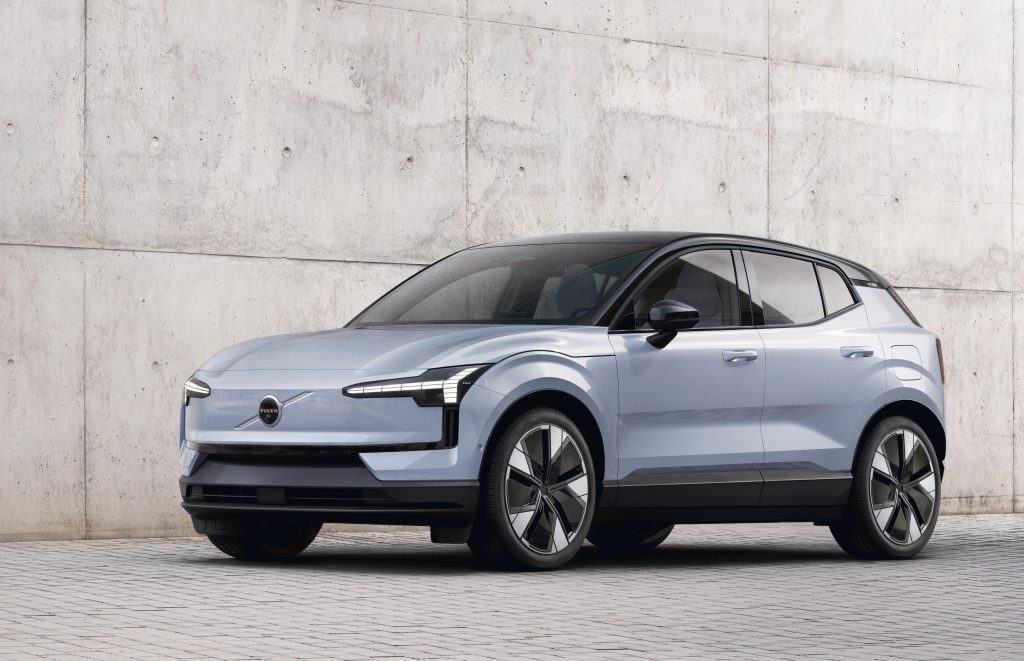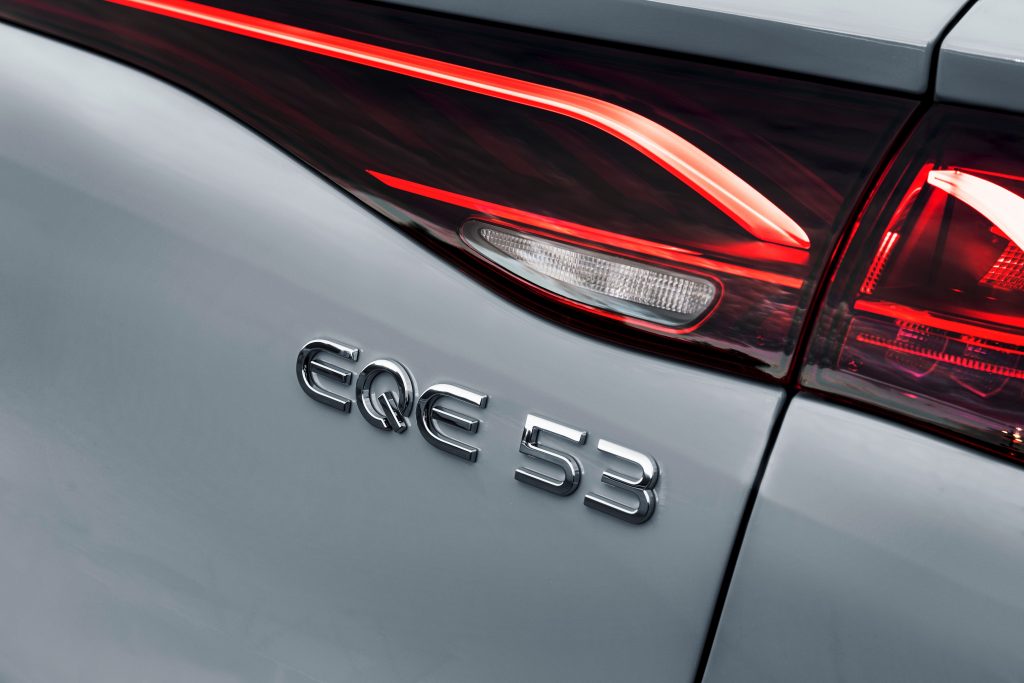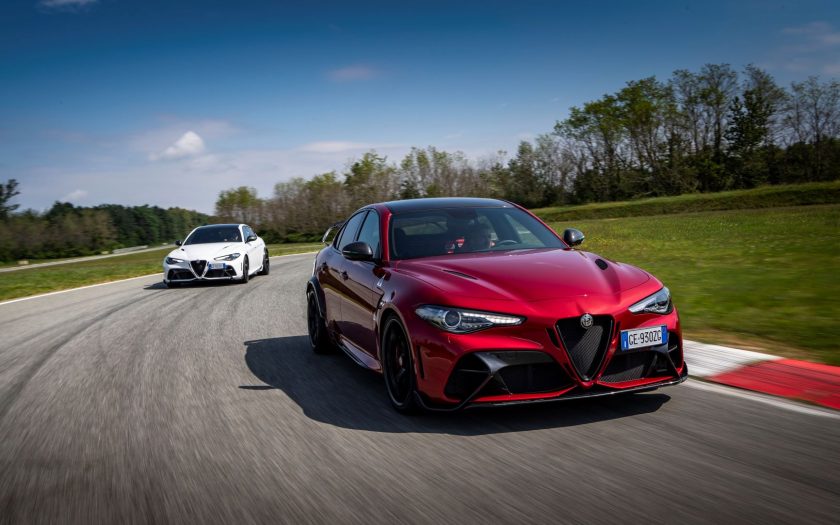WE ALWAYS THOUGHT SOME OF the promises being made by car companies to go fully electric (in some cases as early as 2030) were ambitious, premature and, in some cases, potentially financially catastrophic.
Well, it seems some of the companies themselves are rethinking their positions and stepping away from earlier commitments.
Latest is Alfa Romeo which has discarded its goal of being an electric-only car brand only a few years before its declared deadline.
And Alfa is not the only one.
Recent announcements by Volvo, Mercedes-Benz, Audi and Lotus have all acknowledged the softening world market for EVs, compounded by a flood of affordable Chinese-made EVs.
As recently as 2023, global head of product for Alfa Romeo, Daniel Guzzafame was talking up EVs. “From 2025 onward, we will be (electric) only on the car models … and from 2027, a 100 percent electric line-up.”
How things have changed. Speaking to Automotive News, newly appointed head of Alfa Romeo North America, Chris Feuell, has admitted “it would be very challenging for (the 110-strong US dealer network) to survive with a BEV-only portfolio.”
More logically, the company has decided to have a mix of petrol, hybrid and electric vehicles for the foreseeable future.
The changes have begun already, with the Alfa Romeo Junior (first called the Milano) planned as the last ICE model, with the new-generation Stelvio and Giulia sharing the new Dodge Charger platform and going electric. Current plans are for the Giulia and Stelvio to be offered as both hybrid and petrol options, as well as electric.

Meanwhile, Volvo’s bullish plans to be all-electric by 2030 have also been shelved. What effect this will have on the local Australian market is unclear, especially in light of local MD, Stephen Connor’s even more ambitious plans for the local company to be all-electric by 2026.
Porsche, too, has dampened electric car sales expectations, saying it would deliver 80 percent of its sales as EVs, but only if it is supported by “customer demand and the development of electromobility.” Hardly an unflinchingly positive statement. Plans for electric versions of the 718 Boxster and Cayman are in place for “the middle of the decade”.
Things are similar at Audi, which plans to expand its hybrid range and admitting that the transition to electric vehicles will take “longer than initially thought”.

Meanwhile, German reports indicate that Mercedes-Benz has cancelled work on a dedicated large electric car platform.
The MB.EA platform was developed to underpin follow-on versions of the Mercedes-Benz EQE and EQS electric sedans and SUVs, with 2028 slated as the introduction date. Mercedes-Benz has declined to confirm or deny the decision. But it has revised the electric vehicle targets it announced in 2021, aiming for 25 percent of total sales to be BEV by 2025 and is now suggesting a much vaguer “second half of the decade”.
So it would appear that all is not well in the brave new all-electric world.
